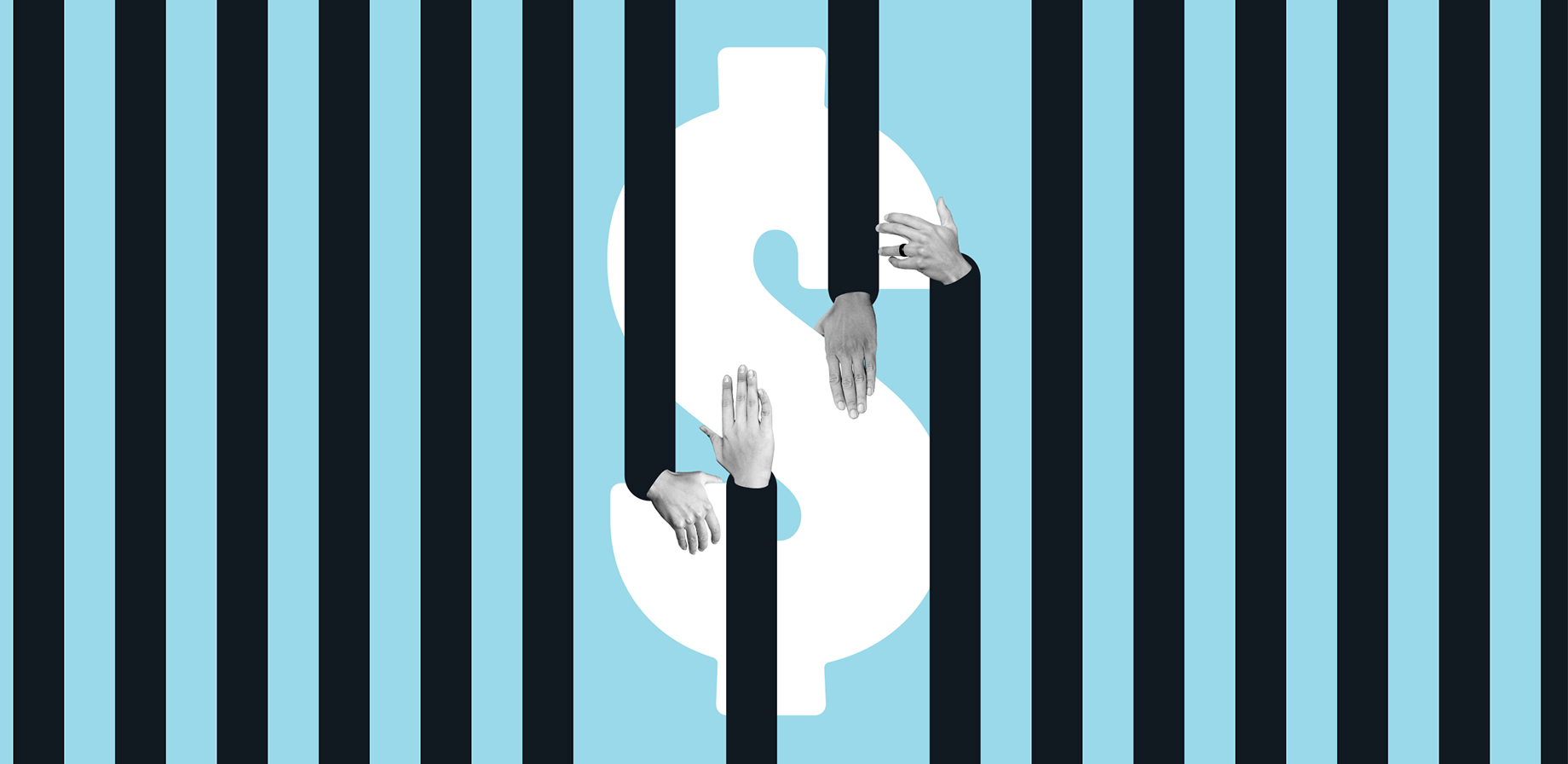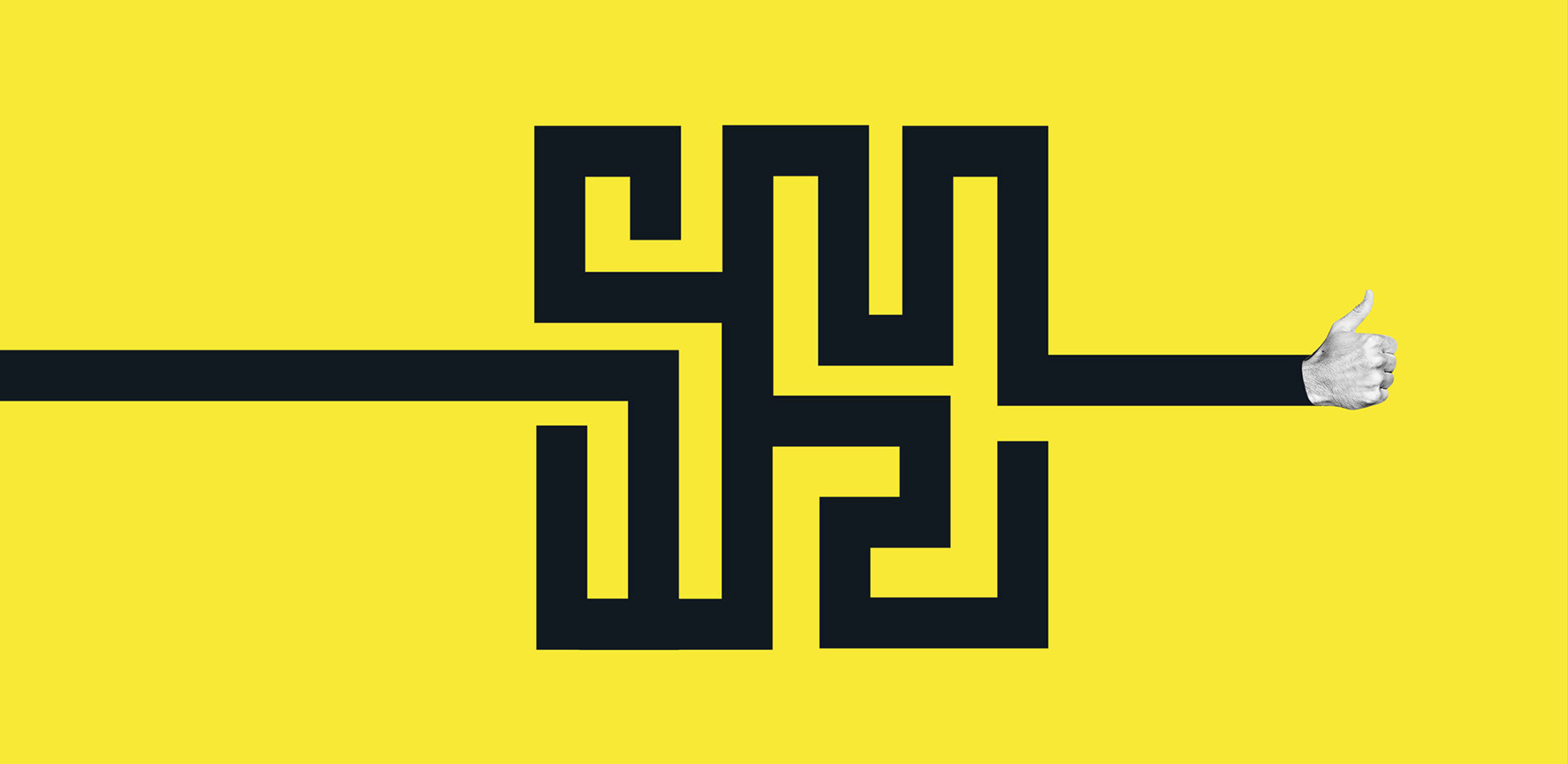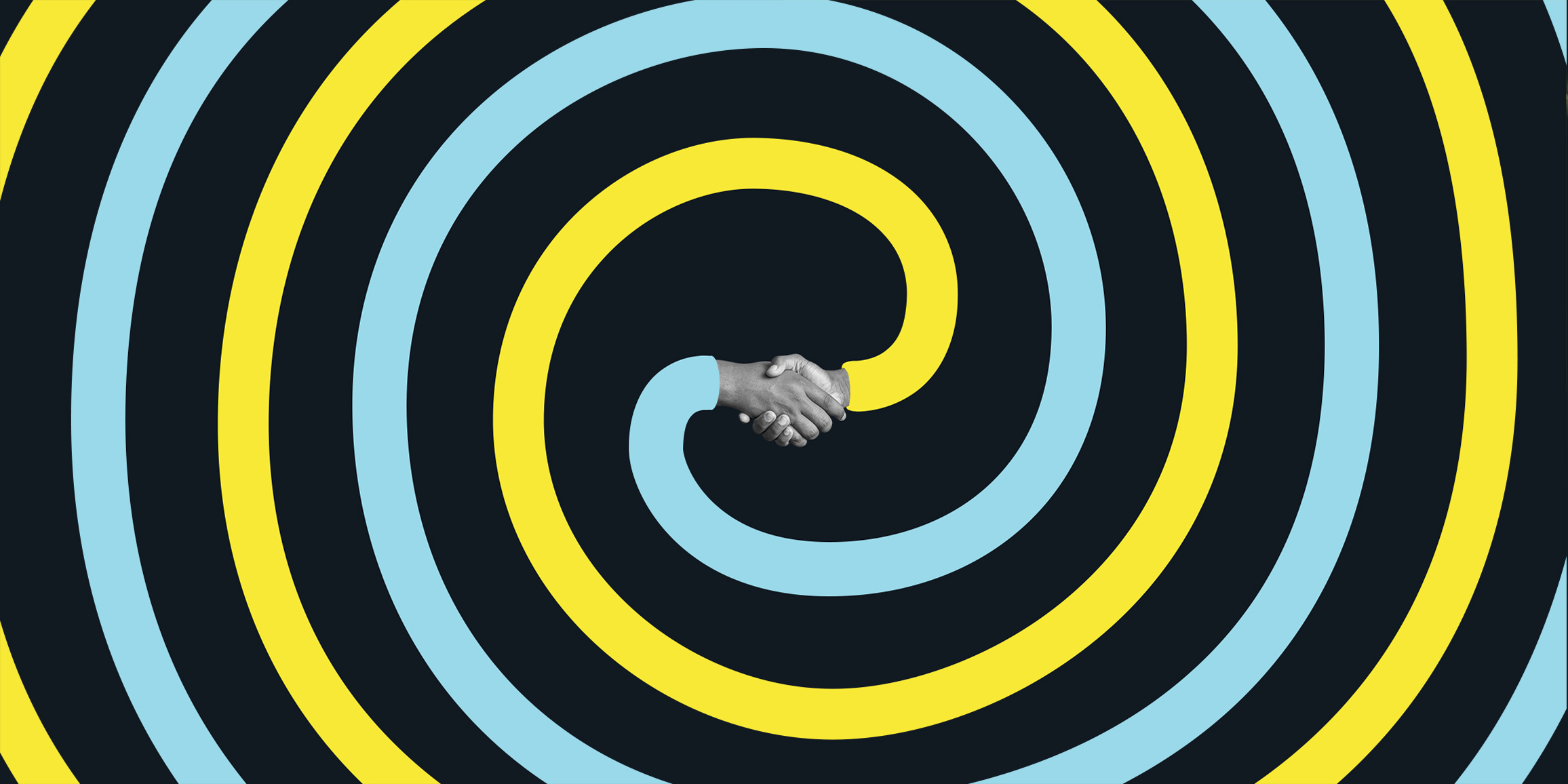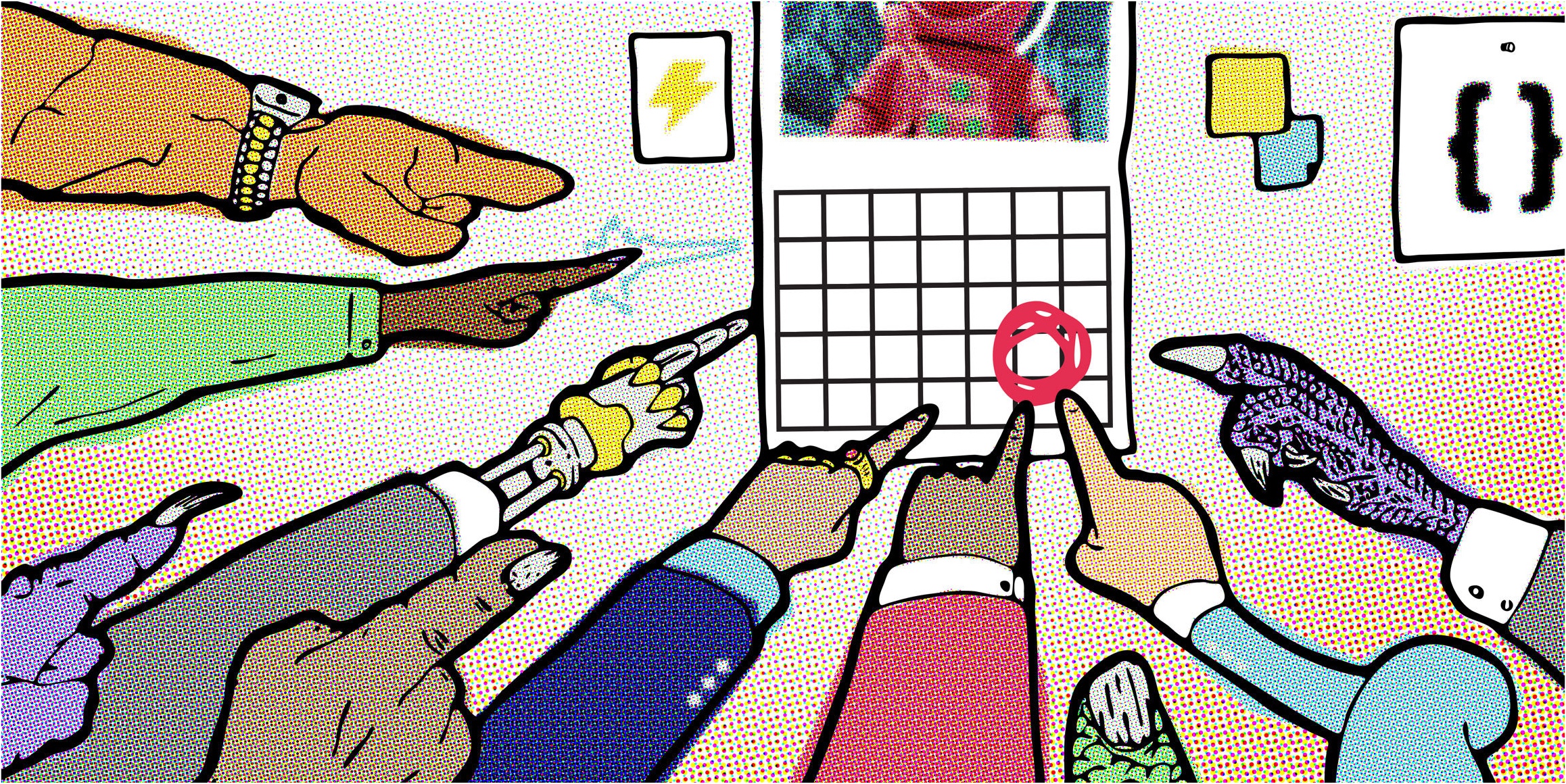The most successful campaigns ultimately result from partnerships. From uncovering the hidden reasons why your products aren’t connecting with a given audience to shaping new strategic initiatives, the right agency will approach your brand’s problems from every angle. And, in the best of worlds, that collaboration grows more effective with each successive project.
Building the sort of foundation that allows consistent, in-depth collaboration isn’t always easy, and requires effort on both sides. Creative projects hinge upon trust, and establishing trust with an agency hinges on clear communication.
From the beginning, you should be comfortable talking with your agency about all the details of your project. If there are aspects of your brand’s process that you don’t want to discuss, that’s fair. But it’s just as fair that not every agency will feel confident they can create their best work without transparent conversations.
You build a successful agency relationship by focusing on values. To be sure your brand has found the right fit in its creative partner, you’ll get your collaboration started right by understanding you share a few core values. With these keys in place, your agency can unlock any solution to your brand’s problems.

1. Your project’s budget is not a secret worth protecting
At the start of any engagement with your agency, you and your stakeholders are understandably looking out for red flags. Your reputation depends on the successful completion of a project, and the sooner you can recognize potential issues the better.
For instance, if your agency doesn’t want to discuss deadlines, you’ll doubtlessly have a hard time working together. But no less critically, you shouldn’t be reluctant to talk about budget from the beginning.
Talking about your budget openly delivers great work faster
In a way, feeling hesitant about starting the budget conversation is understandable, and it most likely comes down to fear. If you quote a number that’s too high—what a coincidence, that’s how much the project will cost.
While bad experiences may have taught your brand to be cagey about numbers, that’s not how an ethical creative agency operates. At We The Collective, we want to work with brands that share similar priorities for trust and transparency. Ultimately, your organization reflects its values by understanding the need for hard conversations.
When you’re working with the right agency, you present the scope of your project along with the budget. Working from those critical details, your creative partner can then determine how best to solve your problem. Dancing around difficult financial details isn’t just deceptive. It redirects your project’s focus from creating great work together.
Plus, by establishing that your brand is comfortable talking about the budget question, you underscore that you’ll probably be capable of many more open conversations going forward.

2. Going the extra mile is part of any agency partnership
Sidestepping a long, back-and-forth debate over budget doesn’t just help get your project started that much faster. It also confirms that both sides of the engagement have begun to establish trust. You’re hiring professionals, after all, and you trust that your agency partners will treat your budget as if it were their own money.
Once your agency recognizes that it has your trust, it should treat your brand as a partner in the engagement. As a result, your creative partner should resist any impulse to nickel-and-dime your organization about what they deliver.
Expanding a project’s scope happens—and that’s okay
We’re always willing to allow a bit of creep in scope, because that’s what a partnership means to us. Once we know we’re going to keep working together, we’re not going to grind your team down with formal change orders. Frankly, that’s a bad use of everyone’s time.
In a client-vendor relationship, you present an outside firm with a purchase order, and their every move must conform to a set of terms. Whatever falls outside those defined terms, you’ll ultimately have to pay more to receive.
We The Collective doesn’t work that way. From encouraging a less-is-more approach to briefs to presenting an additional campaign idea you may not have been expecting, we work best allowing every project some leeway. That’s why establishing a partnership matters.

3. Owning mistakes builds trust in your agency partnership
Unfortunately, whether you’re dealing with a nationally known, all-inclusive agency or a smaller team of specialists, no one is perfect. Mistakes happen. Just ask poor, anonymous “Employee 1” who traumatized Hawaii by mistakenly sending an incoming missile alert in 2018.
Our work typically carries far lower stakes. But accountability still matters. When you’re working with a trustworthy agency, you don’t have to endure someone dancing around mistakes, avoiding responsibility, and deflecting blame. Nobody wants to be part of that kind of relationship.
We’re only human. When mistakes happen, the right agency will immediately own it, work on the solution, and move on.

4. Build strong agency relationships for the long haul
Building trust with your agency takes time. A creative partner needs to know and respect your brand, but it also needs to establish a pattern in their work. Once your agency has demonstrated its understanding of your needs, your partnership can grow in ways that only deliver more benefits over time.
Of course, your brand may not be looking for that kind of working relationship—and that’s fine. You may be looking for work that’s turned over quickly with the highest return in the short term. If that’s the case, your organization may be better suited to a vendor dynamic that leaves little room for strategy or creative inspiration.
At We The Collective, we see ourselves as partners. We know our processes well enough that a quick-flip, fixed-price production dynamic doesn’t result in our best work. Our approach doesn't suit everyone. But maybe it suits the way your organization wants to collaborate.
If you see the value in a long-term engagement that’s built on trust, transparency, and open discussion, we should talk. That’s where every partnership starts.


